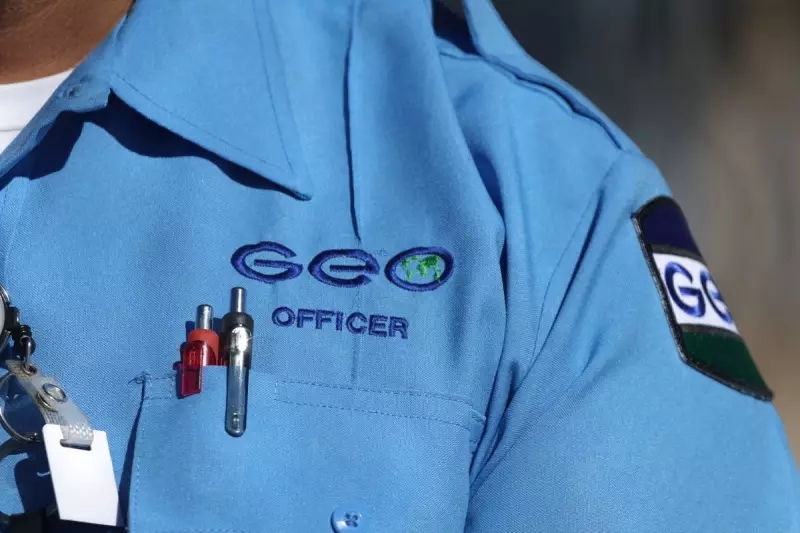
In a revelation that blurs the lines between private political support and public policy enforcement, an exclusive investigation has uncovered a clandestine network of major donors to Donald Trump's campaign that is directly bankrolling immigration detention facilities.
The practice, which has sparked fierce debate amongst legal experts and civil liberties groups, involves private funds being used to support the operations of Immigration and Customs Enforcement (ICE) detention centres. This effectively creates a two-tiered system where border enforcement is partially financed by political allies, a move described by critics as a dangerous precedent.
A New Model of Enforcement Funding
The funding mechanism operates outside traditional government appropriations, allowing for the expansion of detention capabilities without direct congressional approval. Proponents argue this provides necessary agility and resources to address what they call an 'immigration crisis'.
However, detractors warn of a grave ethical minefield. The arrangement raises profound questions about accountability and oversight, potentially allowing donors to influence immigration policy and enforcement priorities behind closed doors.
Legal and Ethical Quagmire
Legal scholars are deeply concerned about the implications. The privatisation of such a fundamental state function—detention—could undermine constitutional principles and due process. There are fears that facilities funded by politically motivated donors may operate with different standards and priorities than those fully under public control.
One immigration lawyer stated, "This isn't just about funding; it's about the very nature of justice. When detention is incentivised by private, partisan interests, the system's impartiality is irrevocably compromised."
The report identifies several key donors and traces the flow of capital from fundraising events directly to the operation of specific detention centres. The findings are expected to trigger calls for official inquiries and greater transparency in how border enforcement is financed in the United States.





